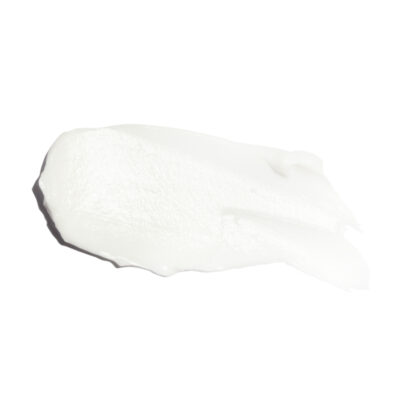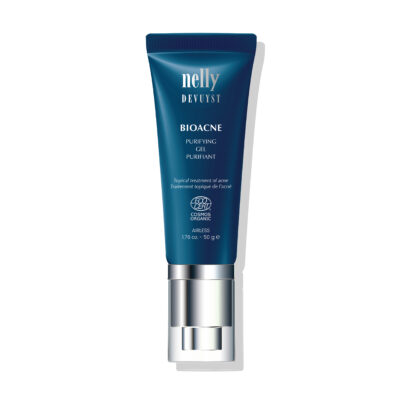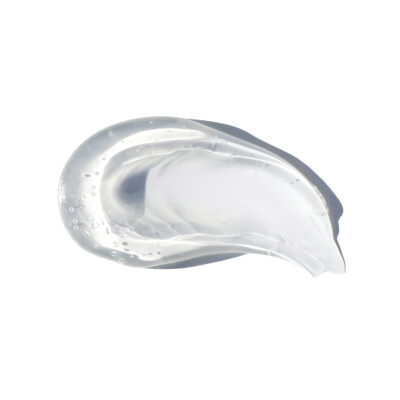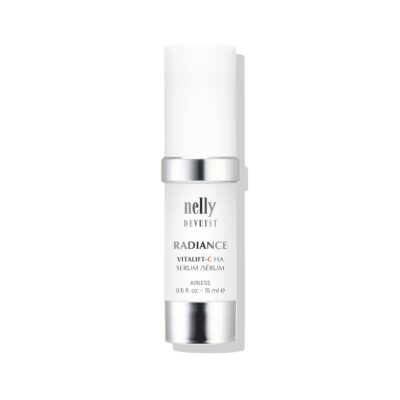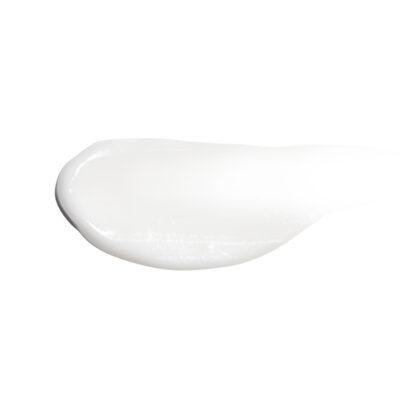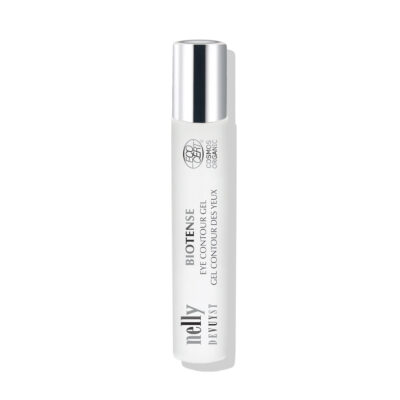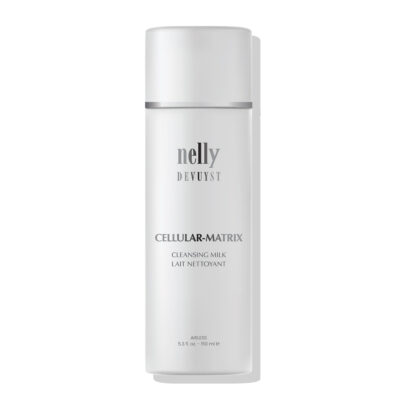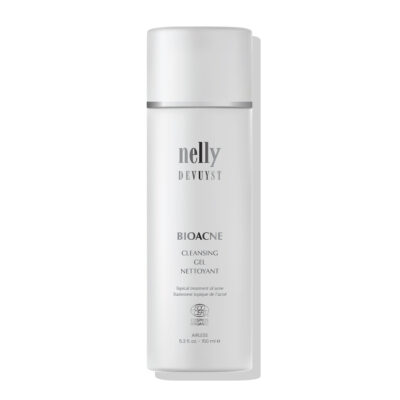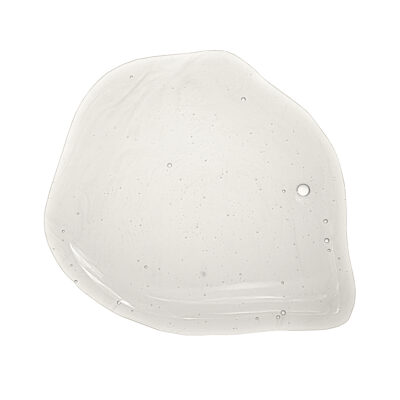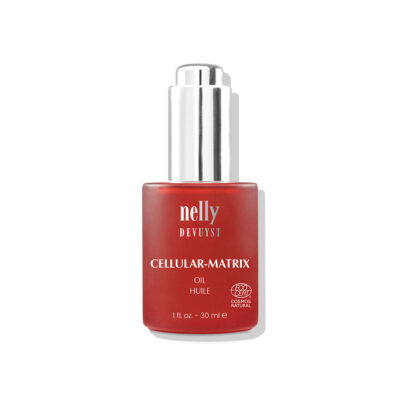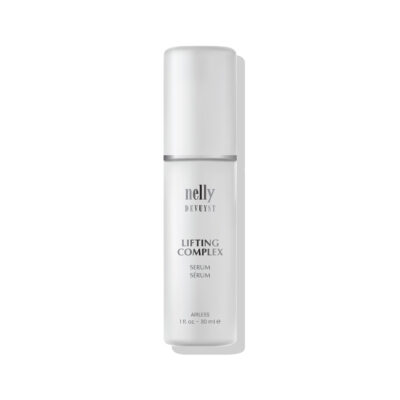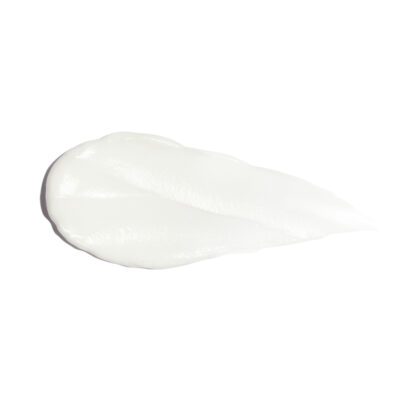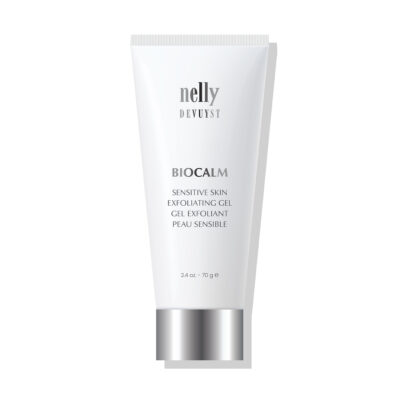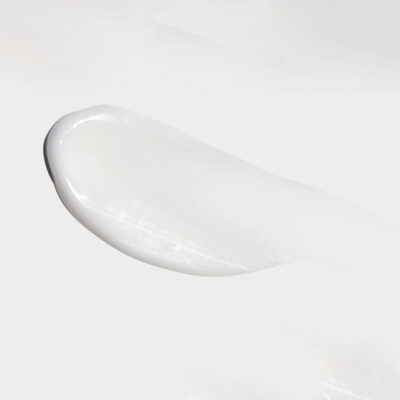5 Crucial Reasons to Consider the Environmental Impact of Your SPF
When it comes to choosing sunscreen, most people focus solely on protecting their skin from harmful UV rays. However, it’s important to remember that the choices we make also have broader consequences for the environment. Non-biodegradable sunscreens can contribute to environmental degradation, posing a threat to delicate ecosystems such as coral reefs and marine life. This article highlights five essential reasons why you should seriously consider the damaging effects of your sunscreen on the environment and why opting for biodegradable alternatives is a responsible choice.
Coral Reef Preservation
One of the most critical reasons to pay attention to the environmental impact of your SPF is its effect on coral reefs. Oxybenzone and other harmful chemicals found in non-biodegradable sunscreens that people normally use in their sun protection skincare routines have been linked to coral bleaching, where corals expel their symbiotic algae, ultimately leading to their death. With coral reefs serving as vital ecosystems for countless marine species, the decline of these reefs jeopardizes the overall health of our oceans. By choosing biodegradable sunscreens, we can minimize our impact on coral reefs and help preserve these natural wonders for future generations.
Marine Life Protection
The harmful effects of non-biodegradable sunscreens are not limited to coral reefs. These chemicals can also have detrimental effects on various marine organisms, including fish, turtles, and aquatic plants. When sunscreen washes off our skin and into the water, it can be ingested or absorbed by marine life, leading to disruptions in their reproductive and developmental processes. Making the switch to biodegradable sunscreens reduces the threat posed to marine ecosystems and contributes to the conservation of marine biodiversity.
Ecosystem Balance
As humans, we are intrinsically connected to the environment, and the delicate balance of ecosystems affects us too. The damage caused by non-biodegradable sunscreens can lead to a cascade of negative consequences, disrupting the natural balance of the environment. For instance, the decline of certain marine species can affect the entire food chain, leading to imbalances in aquatic ecosystems. By choosing environmentally friendly sunscreens, we actively support a more sustainable and balanced coexistence with nature.
Ocean Pollution Reduction
The increasing use of non-biodegradable sunscreens contributes to ocean pollution. These chemicals can accumulate in coastal areas, harming aquatic life and even finding their way into the food chain. By opting for biodegradable sunscreens and eco-friendly packaging, we can reduce the burden of pollution on our oceans and protect marine habitats.
Personal Health and Well-being
Environmental consciousness extends beyond the well-being of the planet; it also affects our personal health. Some chemicals present in non-biodegradable sunscreens, like oxybenzone and octinoxate, have been associated with skin irritation and allergic reactions in certain individuals. Biodegradable sunscreens often contain natural ingredients that are less likely to cause adverse reactions, promoting healthier skincare choices for both yourself and the environment.
Conclusion
When selecting sunscreen, it is vital to go beyond its immediate skin protection benefits and consider its broader impact on the environment. Non-biodegradable sunscreens contribute to the degradation of coral reefs, harm marine life, disrupt ecosystems, and pollute our oceans. By making the switch to biodegradable sunscreens, we can actively participate in safeguarding the environment and its many wonders for generations to come. This is why at Nelly De Vuyst Remember; each sunscreen choice we make can make a significant difference in the health and well-being of both the planet and ourselves. Discover our BioSolar Collection: an anti-Aging SPF collection; Digital Protection, SPF 30 Products, UVA/UVB, PA ++++ Broad Spectrum.


 Français
Français
